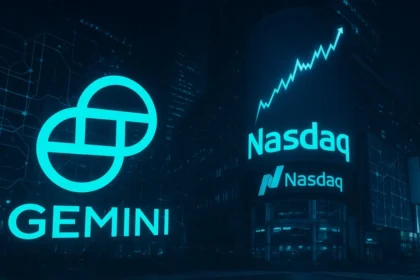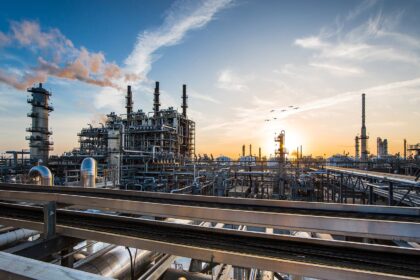At YourDailyAnalysis, we note – the global economy has entered a critical stage where accumulated wealth no longer reflects real productivity. According to data from the McKinsey Global Institute, global net worth has increased nearly fourfold since 2000, surpassing $600 trillion, which now equals 5.4 times the size of the world’s GDP. However, much of this expansion exists only on paper – without any substantial improvement in real economic output.
Our analysts emphasize that financial markets are reacting to this imbalance in two opposing ways. On one hand – equity indexes dominated by technology companies are reaching record highs amid the ongoing artificial intelligence boom. On the other – gold, the traditional hedge against uncertainty, has surged 50% since the start of the year. This rare combination shows that investors are simultaneously betting on technological growth and inflationary risks, creating an extremely fragile equilibrium of expectations.
According to McKinsey’s report, more than one-third of global wealth growth over the past two decades came from paper gains, while another 40% was driven by inflation. Only 30% of the increase stemmed from genuine investment in the real economy – meaning every dollar invested created $3.5 in nominal household wealth, highlighting a massive overvaluation of assets.
At YourDailyAnalysis, we see this as a systemic vulnerability – capital is increasingly flowing out of the real sector into speculative areas such as real estate and share buybacks. This pushes valuations higher but weakens the foundation of sustainable growth, inflating a financial bubble where asset prices decouple from productivity.
Our analysts also point to the geographic concentration of wealth: equities dominate in the U.S., real estate in Europe, and bank deposits in China. This uneven structure makes the global system highly susceptible to regional shocks and raises the risk of cascading financial instability.
We at Your Daily Analysis believe that the fate of these $600 trillion will depend on one critical factor – whether the global economy can restore balance between financial capital and real productivity. If it fails to do so, the next phase of global “growth” will likely be replaced by a covert inflationary correction, becoming the market’s natural mechanism to deflate excess wealth.














